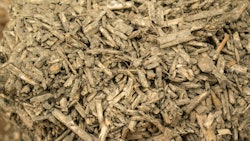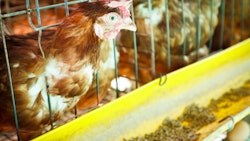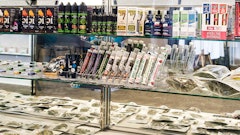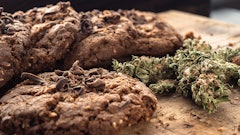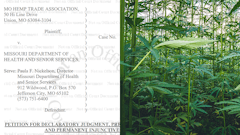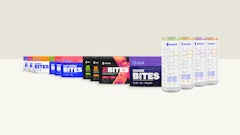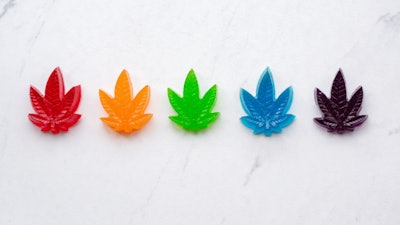
A new state law took effect
July 1 in Minnesota, allowing for the sale of cannabis edibles and beverages
infused with hemp-derived THC.
Under the new law, adults
21 years and older can purchase “edible cannabinoid products” that contain no
more than 5 milligrams of hemp-derived THC per serving and 50 milligrams per
package, and no more than 0.3% THC by dry weight.
According to the bill text, an
“edible cannabinoid product” is defined as “any product that is intended to be
eaten or drunk by humans, [and] contains a cannabinoid in combination with food
ingredients, and is not a drug.”
The sale of edibles
containing delta-8 THC and CBD were already legal in the state, but this new
law allows for delta-9 THC—the cannabinoid that distinguishes hemp from its
federally illegal counterpart, cannabis—to be used as an additive in edibles
and beverage products as long as it is derived from legally certified
hemp, Duluth News Tribune reported.
The Minnesota Board of
Pharmacy will be responsible for regulating such products, which must have a
label containing the serving size and cannabinoid profile serving, a list of
ingredients, and the following statement: “Keep this product out of reach of
children,” according to the bill text.
The Bill sponsor, Rep.
Heather Edelson, said in response to the passing of the legislation that she was concerned
about the safety of delta-8 already being sold in Minnesota, adding that those
products were “targeting young people and contained thresholds of THC that were
too much for the average consumer,” the news outlet reported.
“Minnesota saw poison control
numbers go up dramatically in 2020 and 2021 for youth under 12 because of lack
of child safety on the packing and [it] appeal to their age group,” she
added.
In addition to the labeling
requirements, all products containing hemp-derived THC must be sold in
child-proof packages and not be marketed or shaped in a way that’s appealing to
children–such as in shapes like animals, fruit, people, etc. Hemp-derived THC
can also not “be applied to existing commercially available candy or snacks, or
packaged to look like existing commercial snack brands,” the news outlet
reported.









